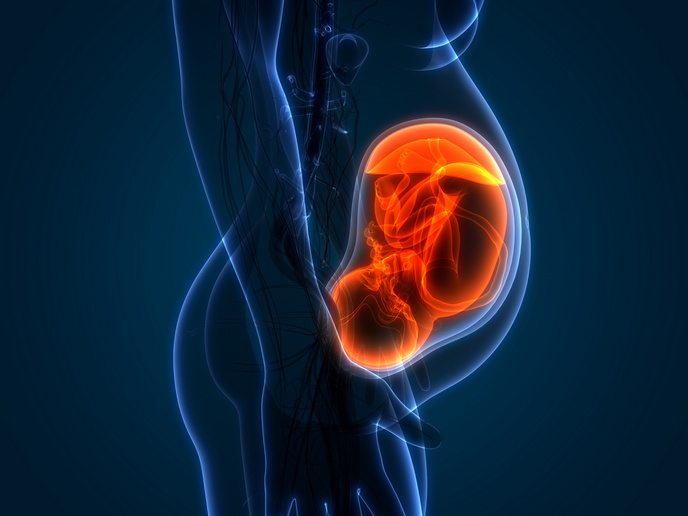New drugs in the pipeline for cardiometabolic syndrome
One of the symptoms of cardiometabolic syndrome is inflammation in key sites such as white fat tissue, liver and immune cells. The likely culprits belong to a group of molecules called proinflammatory cytokines that set off a cascade of events that could lead to complications of obesity. However, there is very limited information on adipocytokines and their downstream effects that may be the root cause of conditions like atherosclerosis, type 2 diabetes and rheumatoid arthritis. The 'Adipokines as drug targets to combat adverse effects of excess adipose tissue' (ADAPT) project set out to identify adipokines that could be modulated with new drugs to treat obesity-related inflammation and other adverse conditions linked with excess fat. ADAPT scientists focused on finding new adipokines and determining the cross-talk between these compounds and other key molecular players involved in disease linked to obesity. Their findings promise to have substantial impact on the development of new anti-diabetic drugs in particular. The team identified and characterised new adipokines and biomarkers. Chemical cross-talk was identified between macrophages (cells involved in immunity) and fat cells as well as preadipocytes, which can develop into mature fat cells. Links between adipokine expression and different clinical symptoms of metabolic syndrome were also investigated at length. Moreover, novel assays were developed to detect signalling between fatty acids and adipokines. Reduced insulin sensitivity is a key feature of type 2 diabetes and ADAPT scientists elucidated details on the mode of operation of hormone-sensitive lipase (HSL) in insulin resistance. The scientists also analysed the protein dipeptidyl peptidase-4 (DPP4) as a new adipokine, potentially linking obesity to the metabolic syndrome. The storage site of fat tissue can be a crucial factor, prompting the scientists to study cardiac mass in relation to abdominal and thoracic fat deposits. They also collected data on the dynamics of adipose tissue turnover in health and disease. The ADAPT project has classified adipose tissue as a hormone-producing tissue (endocrine organ) in its own right. As such, the molecules it produces can be up- or down-regulated, as appropriate to control their effects on other cells and tissues that result in disease. The development of new pharmaceuticals on this basis could revolutionise healthcare and the blight of obesity.







